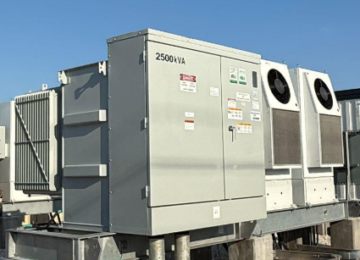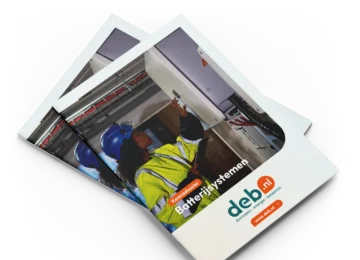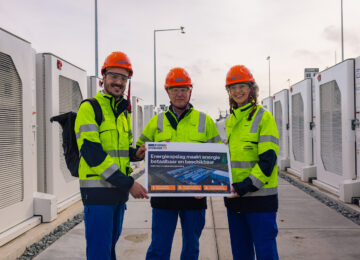CE Delft: Home batteries play important role in energy balancing
CE Delft was commissioned by Huawei (manufacturer of home batteries, among others) to conduct research on the characteristics of home batteries, the role and potential of home batteries in the energy system, the business case for home batteries, barriers to home batteries and policies to realize home batteries. There are two central roles for home batteries in the energy system:
- Home batteries can contribute to energy system security of supply, CO2 reduction and prevention of curtailment through energy balancing.
- Home batteries can be deployed to reduce household or overall grid peaks, helping to delay or possibly prevent grid reinforcement.
CE-Delft concludes in this study that home batteries have a role mainly for energy balancing and less for grid congestion. There is currently just no profitable business case for energy storage and trading through a dynamic energy contract; not even with the abolition of the net-metering scheme and double energy taxes. Deployment in other electricity markets may improve profitability, though.
Looking at these conclusions, CE-Delft makes the following recommendations for home batteries in the study:
- 1. Create better framework conditions for the home battery, such as a directive on fire safety for home batteries, creation of an infrastructure for collection and recycling, and legal requirements for cybersecurity to enable compliance.
- 2. The study concludes that the balancing scheme and then the double energy tax make the payback period longer. Abolishing the balancing scheme is a logical measure to encourage self-use.
- 3. Explore grid rate reform. With current policies, home batteries, increase the peak load on the grid. Grid operators can investigate further with the market to reduce the impact on the grid, either by adjusting tariffs or by direct control for a limited number of hours per year.
Finally, depending on the deployment of the home battery, a profitable business case requires temporary incentives in the form of a subsidy. If prohibitive regulations are addressed, a subsidy is needed between 20% & 40% for a reasonable payback period (TVT).
CE Delft, commissioned by Huawei Technologies B.V. in June 2023, also mapped a knowledge document with general information on home batteries. See all reports at the following link: https://ce.nl/publicaties/thuisbatterijen-in-de-energietransitie





